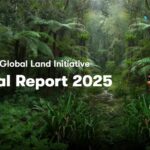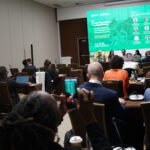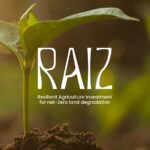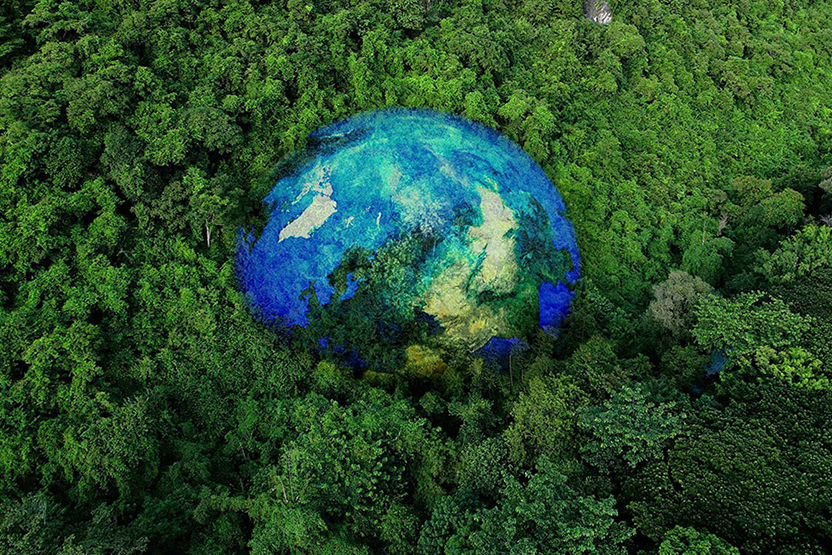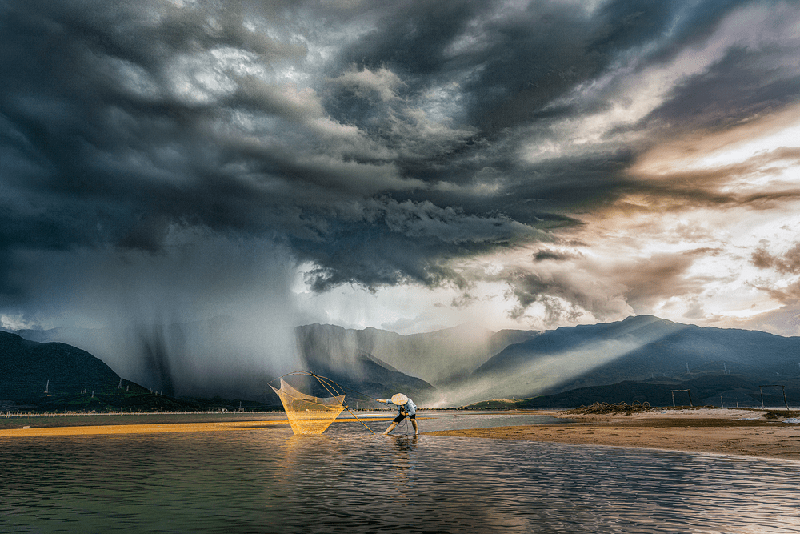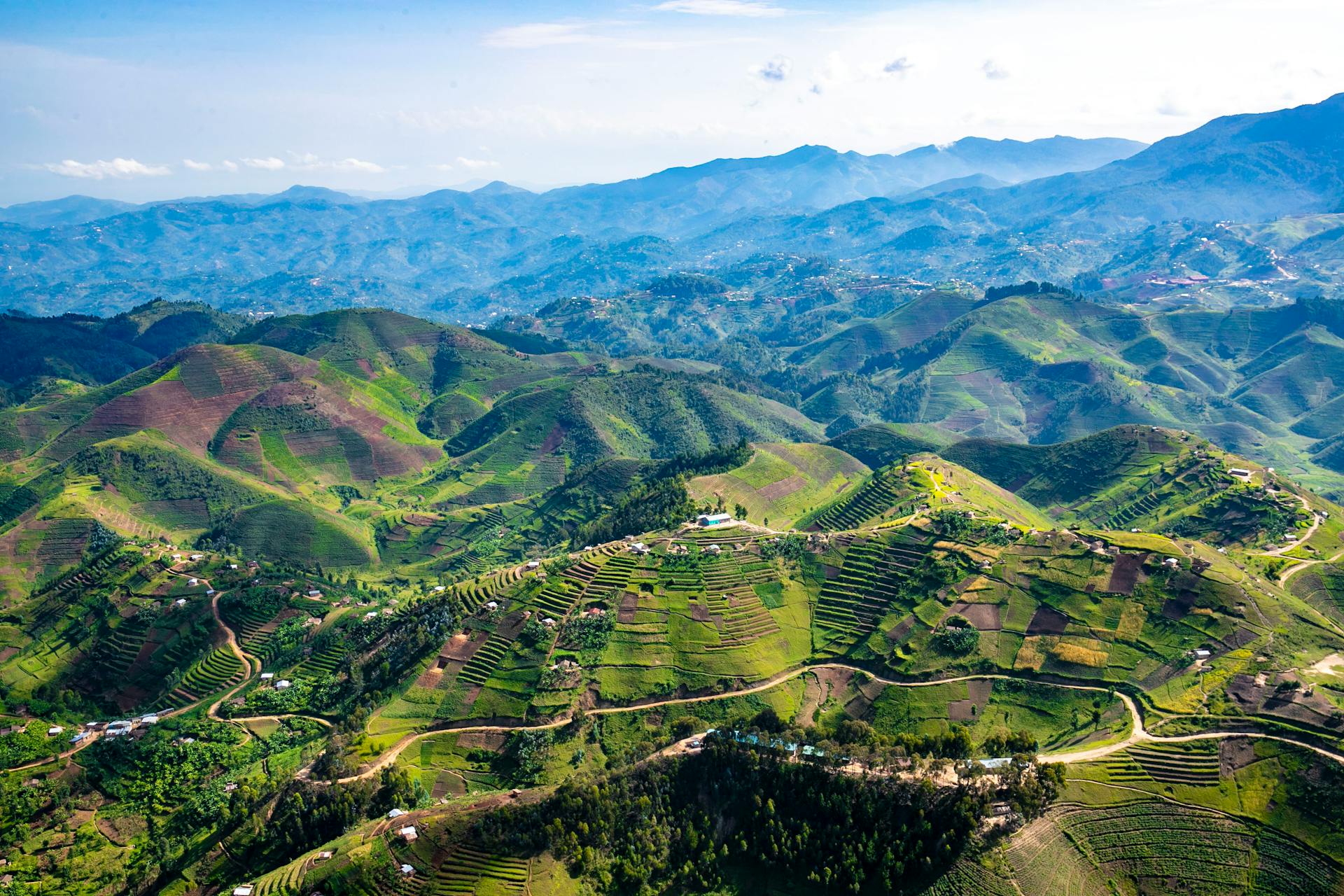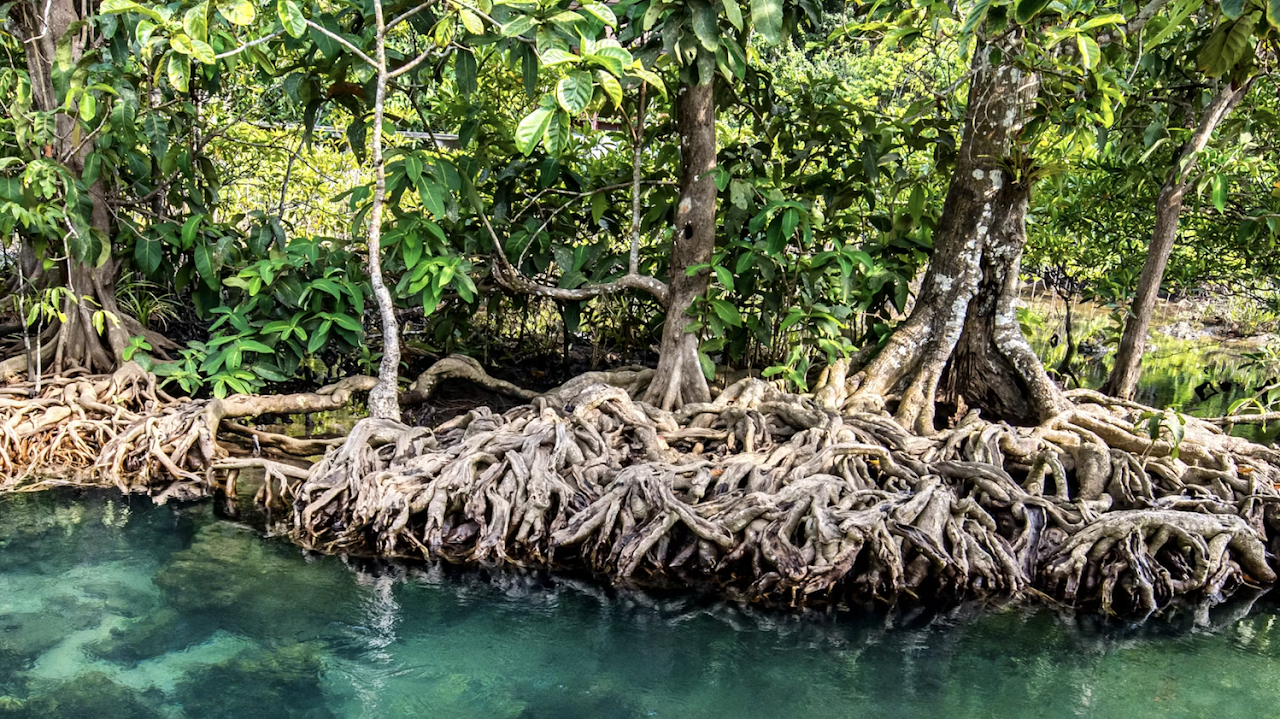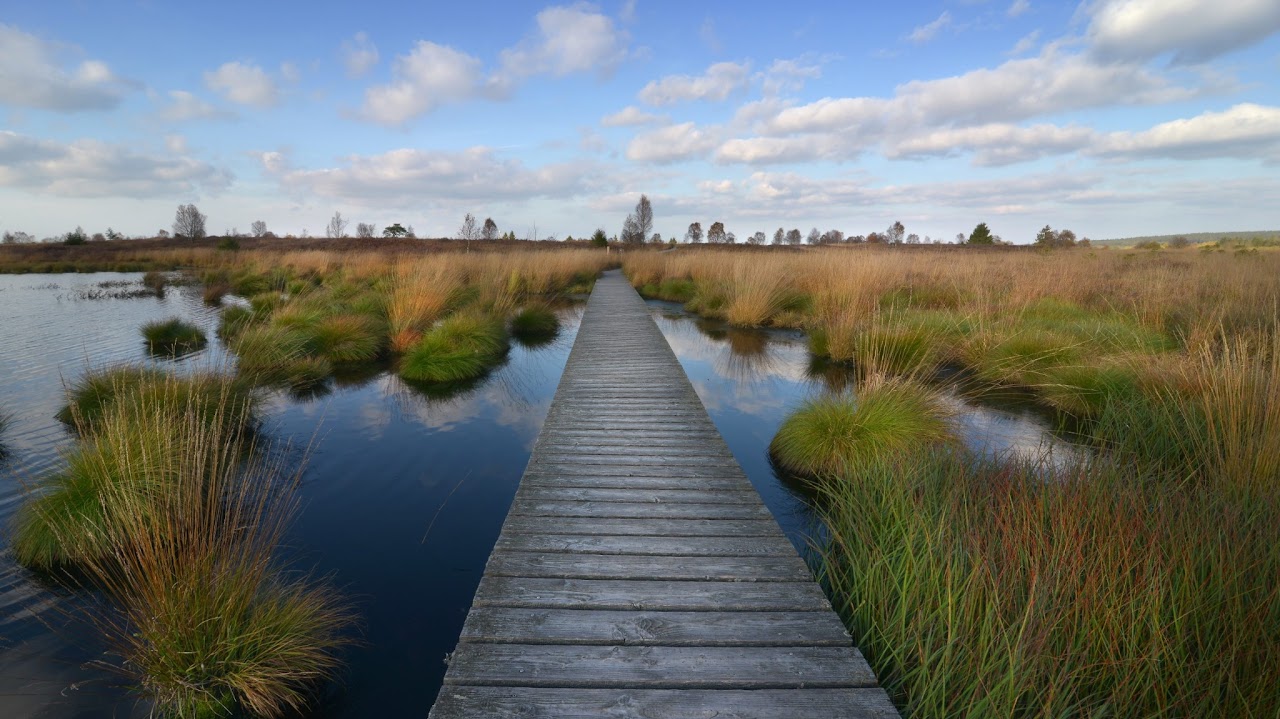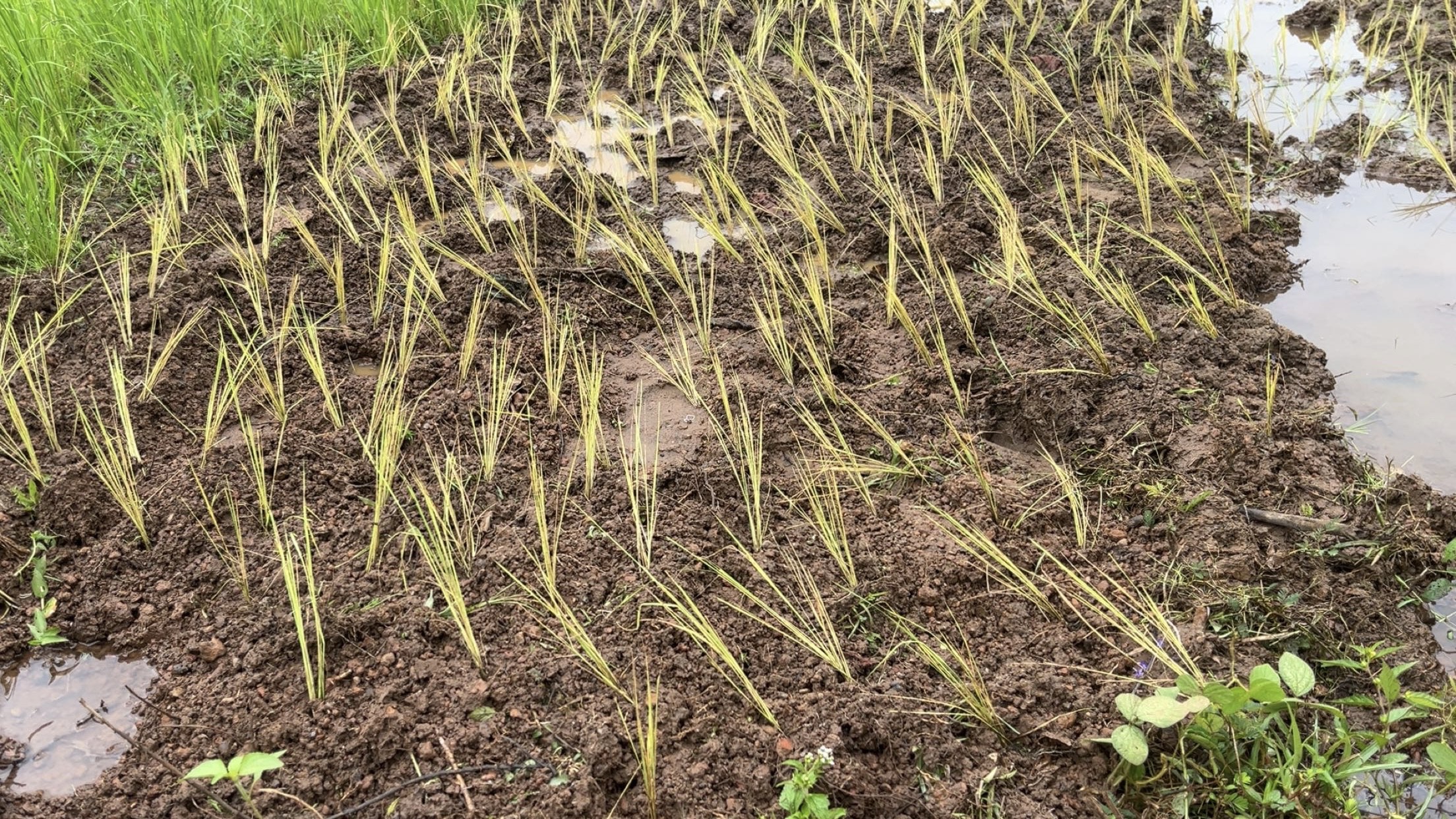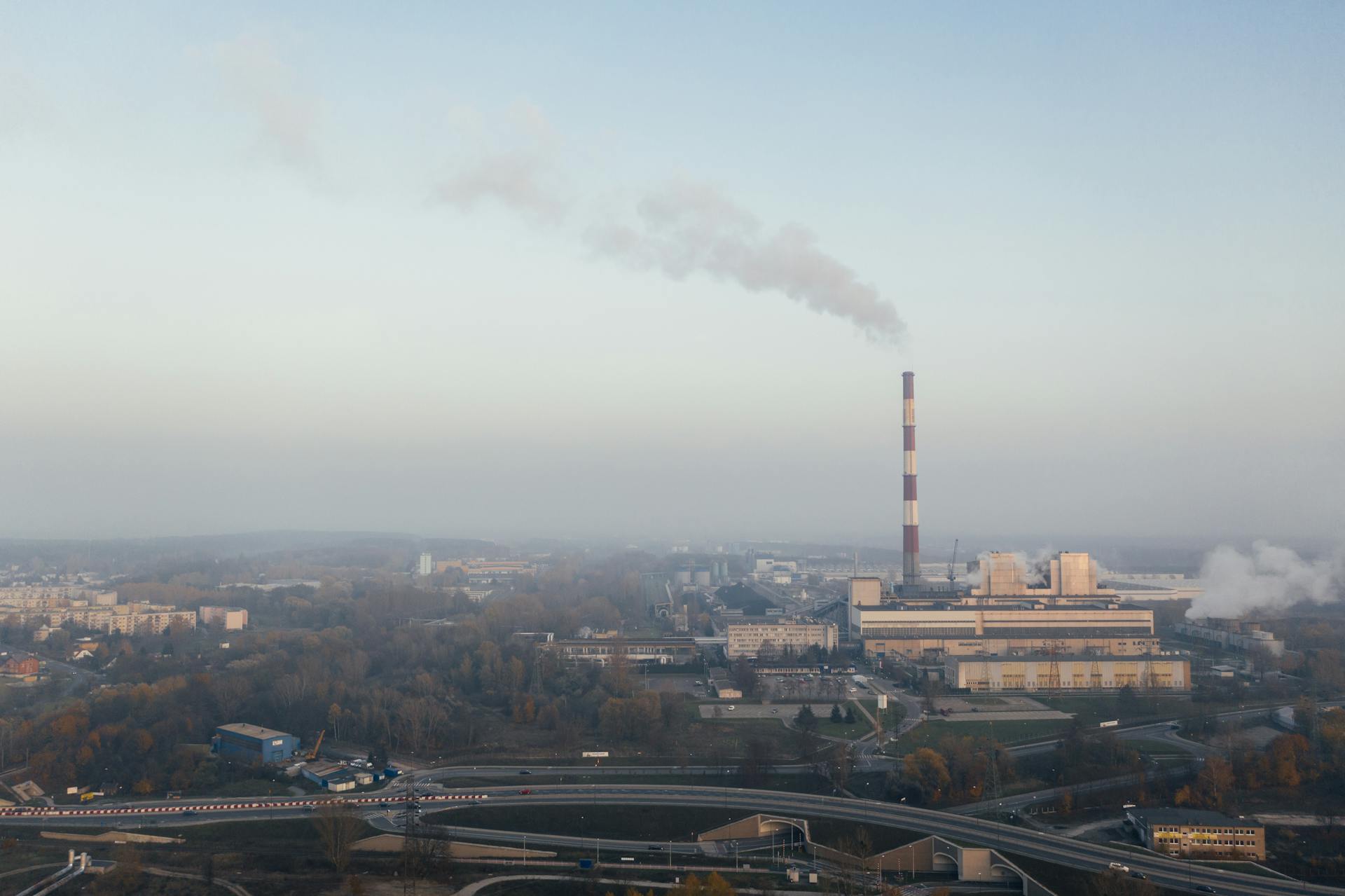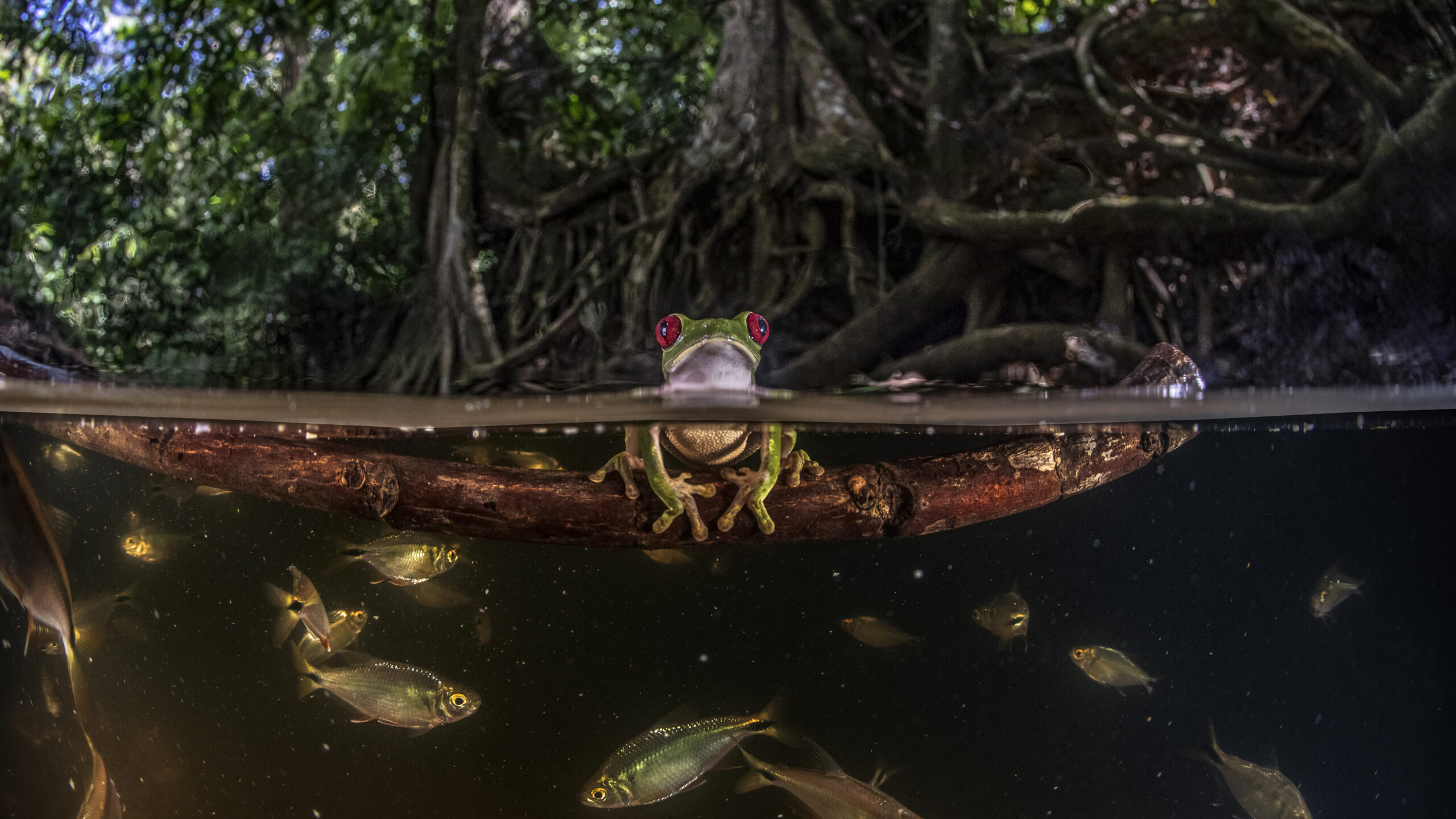Biosaline Agriculture for Land Restoration – A Successful Gathering of Experts in Cairo
October 14, 2024
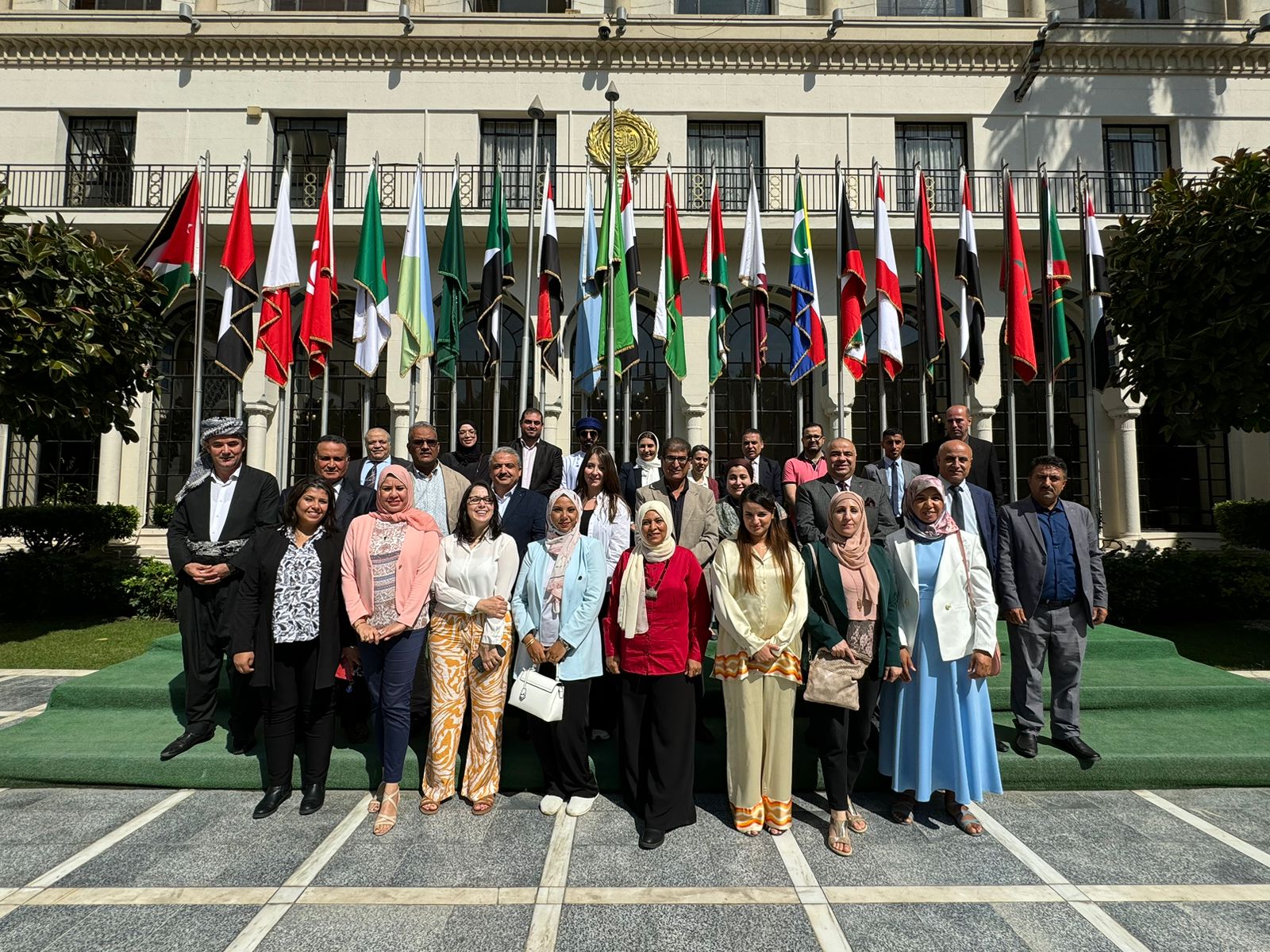
Photo credit: Apoorva Bose, G20 GLI Project Coordinator
Participants at the “Biosaline Agriculture as an approach to land restoration in the Arab world” training, in Cairo, Egypt, in October 2024.
Cairo, Egypt – 14 October 2024 – UNCCD’s G20 Global Land Initiative together with the International Center for Biosaline Agriculture (ICBA), the League of Arab States (LAS), the Arab Organization for Agricultural Development (AOAD), and the Arab Center for the Studies of Arid Zones and Dry Lands (ACSAD), concluded the four-day training on “Biosaline Agriculture as an approach to land restoration in the Arab world.”
Held at the League of Arab States Headquarters in Cairo, Egypt, the event brought together 22 participants from 13 countries to explore the potential transformation biosaline agriculture could bring to arid and saline environments.
The training provided an in-depth exploration of practical techniques for land restoration, with a focus on addressing the global impacts of climate change, enhancing crop biodiversity and promoting the sustainable management of saline environments.
Participants, including seasoned experts, technicians and university students from diverse fields related to crop and natural resource management, gained valuable
insights into cutting-edge approaches.
A key emphasis of the training is how to disseminate innovative solutions to empower
smallholder farmers across the region, enabling them to effectively adapt to the increasing challenges of climate change and resource scarcity.
Speaking on the
success of the training, Dr. Mahmoud Fathallah, Director of Environment
and Meteorology Affairs Department at the General Secretariat of the League of
Arab States, noted: “The integration of biosaline agriculture into our
restoration strategies is crucial for the Arab region, where water scarcity and
soil salinity are significant challenges. This training has provided our
professionals with practical solutions and a collaborative platform to support
sustainable land restoration initiatives.”
Salma Al Sayyad, Policy Officer at G20 GLI, UNCCD, highlighted the importance of fostering regional collaboration: “Engaging experts from across the region to address the pressing issues of land degradation and desertification is fundamental to achieving our restoration goals. The training was a step forward in harnessing innovative approaches like biosaline agriculture to bring about transformative change in marginal
environments.”
Building on these perspectives, Dr. Tarifa Al Zaabi, Director General of ICBA, stressed the significance of collaborative efforts and capacity building.
He said: “At ICBA, we are deeply committed to equipping professionals with the knowledge and tools necessary to address the unique challenges of arid and saline environments through science-driven and innovative solutions. Our partnerships with key regional and international organizations are vital in advancing the impact of biosaline agriculture, which plays a crucial role in enhancing food security and fostering sustainable livelihoods. This training is a testament to the power of collaboration, providing participants with the expertise needed to apply biosaline agricultural practices in the restoration of degraded lands. Together, we are paving the way for more resilient agricultural systems across the region.”
The event concluded with fruitful discussions on the way forward. Participants left the
training with a renewed commitment to leverage biosaline agricultural practices
when restoring degraded lands.
The feedback
from attendees affirmed the impact of the training and the necessity for
continued efforts in capacity building for sustainable land management.
For
more information on trainings by G20 Global Land Initiative, please visit https://g20land.org/training/
or contact abose@unccd.int.
Latest News
- UNCCD G20 Global Land Initiative publishes 2025 annual report
- Eight finalists named for Youth Ecopreneur Awards
- From degradation to opportunity: advancing the global restoration economy at CRIC23
- COP30: Ten countries back Brazil-led finance accelerator to scale farmland restoration worldwide
- Greenstorm Unveils Winning Images Celebrating the World’s Most Beautiful Wetlands
